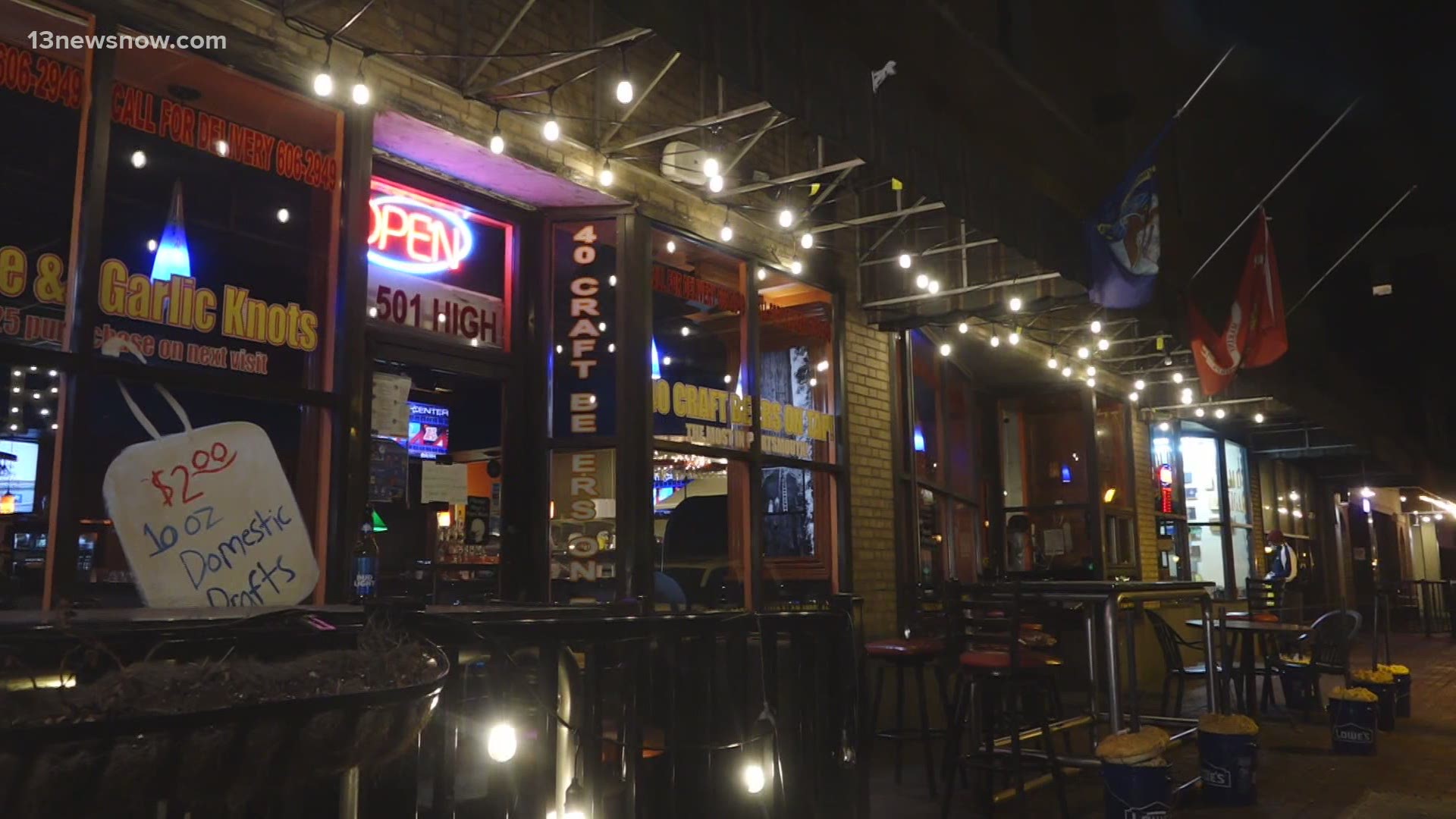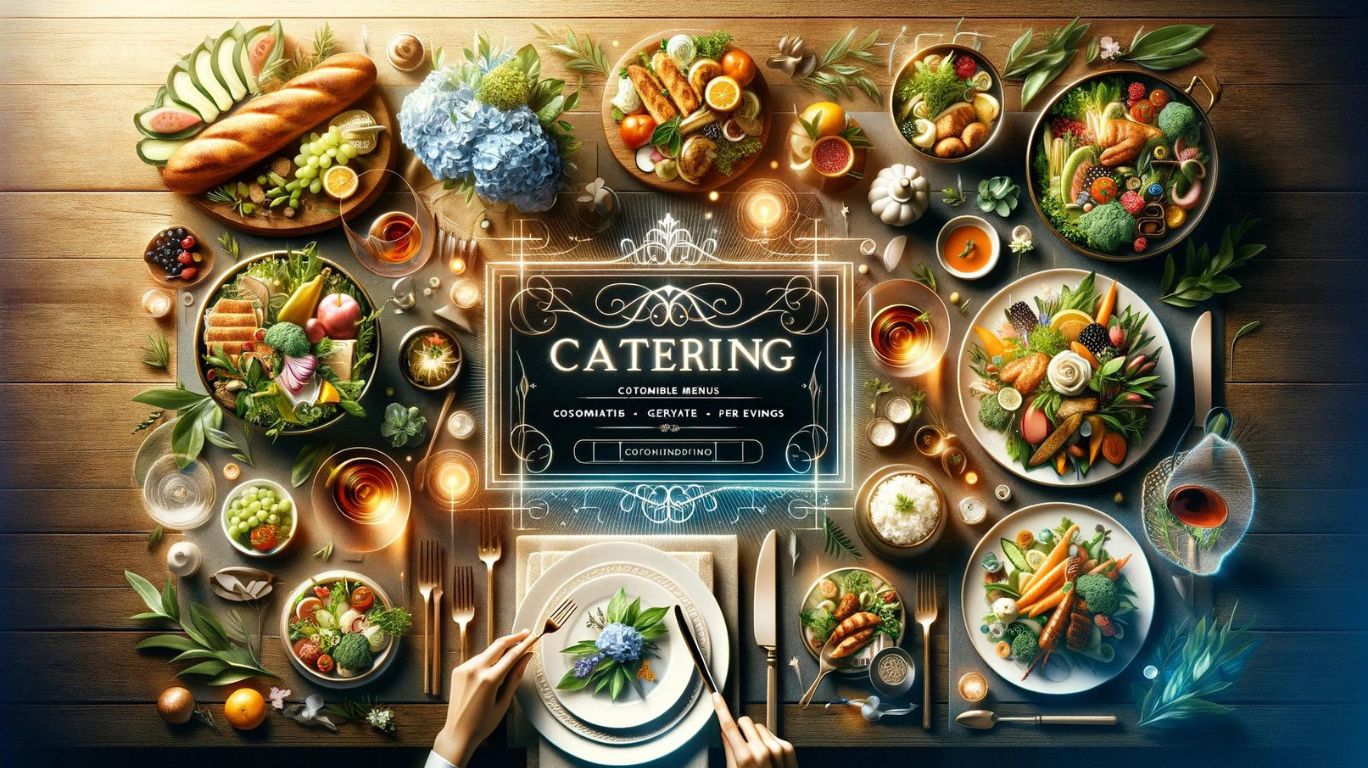The unusual, underground earth of ghost kitchens in Virginia
“Develop a food items principle without the need of dropping your shirt,” reads the advertising and marketing copy for CloudKitchens, a ghost-kitchen area enterprise from Uber founder Travis Kalanick.
VIRGINIA Seaside, Va. — I have arrived at a neutral locale — the parking good deal of a Virginia Beach front Barnes & Noble — to procure a bag of hamburgers that are unable to be observed at any restaurant.
The burgers in question are not fantastic, as it turns out. They are, in truth, hardly edible. But they arrive with a pedigree of kinds. They appear from MrBeast Burger, a speedy-meals chain that released overnight in December with a boggling 300 places, stamped with the title of a 22-yr-aged North Carolina YouTube star popular for filming himself offering away stacks of money to randomly picked persons.
MrBeast is not a regular restaurant, in the feeling that you won’t be able to truly go there. They also lack so a great deal as a mobile phone variety. The burger location instead has a shadowy and relatively tenuous existence: findable only on supply apps, and only if your address comes about to slide in the supply radius.
And for the reason that my dwelling failed to in shape into this classification, in this article I was in a City Heart parking whole lot, flagging down a bemused driver who’d traveled only 3 blocks to access me.
MrBeast is section of a huge nationwide pattern toward ghost kitchens — also recognized variously as digital kitchens, dim kitchens or shadow kitchens — an undercover variation of a cafe whose revenues previously incorporate up to billions of bucks nationwide.
Linked: Shipping big DoorDash ideas first community offering
The notion is straightforward. Ghost kitchens are dining places with out the restaurant: supply-only food items brand names that normally make food items in the kitchens of a lot more common firms. This may well be a commissary kitchen for numerous brands or a cafe that had its small business decimated by the pandemic. In some means, the ghost kitchens are the outsourced gig get the job done of the cafe planet, an invention of the decentralized Internet overall economy.
MrBeast’s burgers, as it turns out, were being cooked at a company area of Bravo! Italian Kitchen, a chain that does not if not serve hamburgers — a point you would only discover by means of reasonable online sleuthing.
Even though MrBeast Burger’s menu was ostensibly conceived by on the net celebrity Jimmy “MrBeast” Donaldson, it was executed by a corporate chef from a company named Virtual Dining Concepts, co-owned by the founder of Planet Hollywood. And like Planet Hollywood, the organization leverages superstar clout to sell food. The company also pushes rooster “bytes” from rapper Tyga, and Italian subs from the Jersey Shore’s Pauly D. Mariah’s Cookies, a bakery branded for Mariah Carey, also sells out of the same Virginia Seaside kitchen area as MrBeast.
Ghost kitchens are typically a little bit like Mardi Gras masks for chain dining establishments. Glimpse on Doordash or Grubhub and you may well discover some thing termed “It is Just Wings.” When it may look to be a new restaurant, it turns out to be a delivery-only wing model cooked by Chili’s and Maggiano’s Minimal Italy.
In the meantime, The Captain’s Boil will produce you luggage of crawfish from areas of Ruby Tuesday. “Neighborhood Wings” turns out to be Applebee’s. Chuck E. Cheese sells its pizza on-line as “Pasqually’s,” named soon after the mouse-mascot arcade’s fictional chef.
The final results could be charitably named blended. Turns out, it is really often clever to be afraid of ghosts.
But shipping-only kitchens are also just one of the only groups of dining establishments whose business enterprise has developed all through the pandemic, as dining rooms have been shut down or limited across the state. Michael Schaefer, with current market study enterprise Euromonitor, estimated in a presentation previous 12 months that ghost kitchens could be a trillion-dollar market by 2030.
Similar: Taco Bell bringing back potatoes right after menu revamp
The cafe-sector trade push has filled with headlines claiming that the ghost kitchen will both carry the demise of the restaurant or come to be the food industry’s savior, propping up revenues for pandemic-stricken restaurants by decreasing overhead and making use of fallow grills and fryers.
“Build a food thought devoid of getting rid of your shirt,” reads the internet marketing duplicate for CloudKitchens, a ghost-kitchen company from Uber founder Travis Kalanick. “Open up a kitchen area in one month. Test multiple food ideas out of a single kitchen area. Experiment with reduced chance. Minimize price, improve profit.”
A number of area places to eat in southeastern Virginia have gotten in on the ghost recreation, as properly. Very last summer months, Norfolk Indian restaurant Tamarind gained a sales pitch out of the blue from an Illinois-centered company identified as Ghost Kitchen area Ideas, which promised to marketplace Tamarind’s excellent chaat and curries on line less than the name “Gunpowder Cafe.”
“It was a different system we could use for supply service,” mentioned Tamarind co-owner Tejas Patel. “They market place it for us, and like any third-get together services, it fees a payment.”
The Gunpowder Cafe notion has surfaced at several smaller Indian restaurants from Baltimore to San Francisco. But as it turns out, Gunpowder is less a restaurant than a shiny new identify badge.
Linked: FRIDAY Flavor: Citrus puts a twist on brunch
Requested aspect by side for shipping and delivery, dishes from Gunpowder Cafe and Tamarind have been indistinguishable except by value. Gunpowder’s “Peshawari” butter hen charges $18.74. Tamarind’s expenses $14.99. But it is really the identical rooster, Patel claims. Tamarind’s tasty chickpea-blanketed samosa chaat, rebranded as a “deconstructed samosa,” also receives a 25% markup.
But Patel stated the additional company has been practical to their cafe, whose small business has endured for the duration of the pandemic. Nevertheless he credits his loyal regulars for keeping the lights on, the Gunpowder Cafe brand has allowed them to access new buyers they or else wouldn’t have experienced.
“I you should not thoughts if they give our meals a diverse name,” Patel claims. “It truly is served a small little bit below and there. We get additional orders for each working day — it can be two or a few more orders we might in no way have experienced. The way we appear at it is, it is far better than zero orders. We have a total functioning kitchen: If Gunpowder sells a pair dishes, why not?”
Area warm pot location Fireplace Ninja also hosts a ghost kitchen area, marketing noodles beneath the title Ramen Hero. And in some of the country’s denser food towns, from New York to Portland to Washington, little business people have launched ghost kitchens serving off-keep track of Thai or Burmese meals.
But in considerably of the state, including Hampton Roadways, the ghost kitchen has been a largely corporate phenomenon.
Large businesses are considerably extra very likely to have the infrastructure in position to established up ghost models that can crowd out battling community firms on supply applications, claims Pat Garafalo, a director at anti-monopoly advocacy team the American Financial Liberties Task.
Linked: Pollard’s Chicken to near Witchduck Road area forever
“It is really commonly a poor problem for modest, neighborhood small business,” Garafalo suggests. “The pandemic has grow to be an possibility for these corporations that have fiscal backing to surge into all these places, and acquire gain of the struggles of smaller firms. “
Ghost kitchens are at times set up in partnership with application firms such as DoorDash, he claims, who use knowledge they’ve gathered from their own clients to perform pinpoint marketing of dishes bought in direct levels of competition with local places to eat.
The ghost kitchen principles can, of program, also aid regional eating places, reported Virtual Eating Ideas spokesperson Tamar Aprahamian. She notes that even though quite a few MrBeast locations are chain places, others are compact places to eat that have been saved afloat through the pandemic by the extra delivery enterprise presented by followers of Mariah Carey or Jimmy Donaldson.
But in the lengthy run, Garafolo considers the ghost kitchen an existential risk to common small places to eat, especially as the delivery market expands.
“The problem is, do we want tiny firms to survive?” he claimed. “Or do we want a environment in which the only option is Search engine marketing-optimized things that comes from a warehouse down the avenue?”








